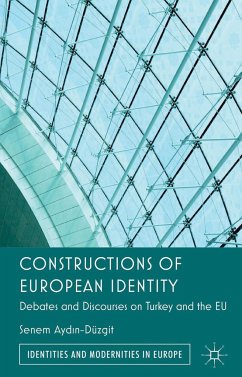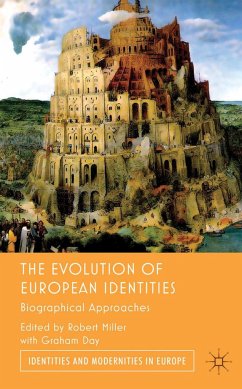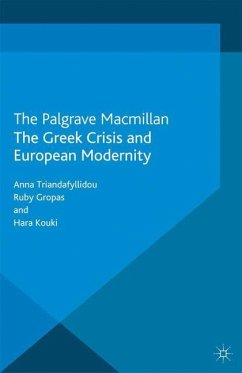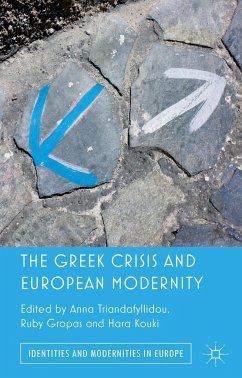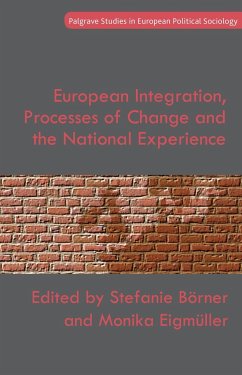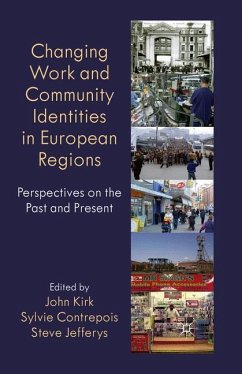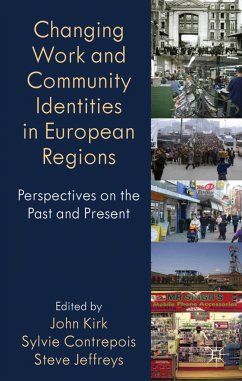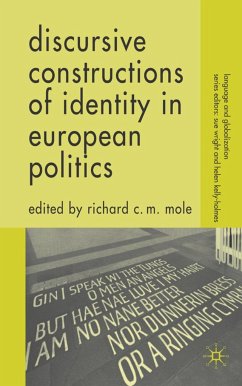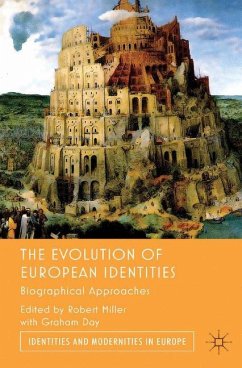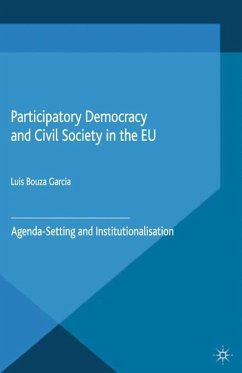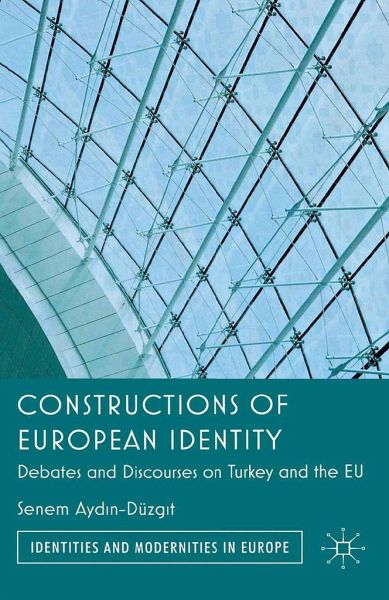
Constructions of European Identity
Debates and Discourses on Turkey and the EU
Versandkostenfrei!
Versandfertig in 6-10 Tagen
38,99 €
inkl. MwSt.
Weitere Ausgaben:

PAYBACK Punkte
19 °P sammeln!
This book examines EU discourses on Turkey in the European Commission, European Parliament and three EU member states (France, Germany and Britain), to reveal the discursive construction of European identity through EU representations of Turkey. Based on a poststructuralist framework that conceptualizes identity as discursively constructed through difference, the book applies Critical Discourse Analysis to the analysis of texts and argues that there are multiple Europe(s) that are constructed in talks over the enlargement of Turkey, varying within and between different ideological, national an...
This book examines EU discourses on Turkey in the European Commission, European Parliament and three EU member states (France, Germany and Britain), to reveal the discursive construction of European identity through EU representations of Turkey. Based on a poststructuralist framework that conceptualizes identity as discursively constructed through difference, the book applies Critical Discourse Analysis to the analysis of texts and argues that there are multiple Europe(s) that are constructed in talks over the enlargement of Turkey, varying within and between different ideological, national and institutional contexts. The book discerns four main discourse topics over which these Europe(s) are constructed, corresponding to the conceptualization of Europe as a security community, as an upholder of democratic values, as a political project and as a cultural space. The book argues that Turkey constitutes a key case in exploring various discursive constructs of European identity, since the talks on Turkey pave the way for the construction of different versions of Europe in discourse.





